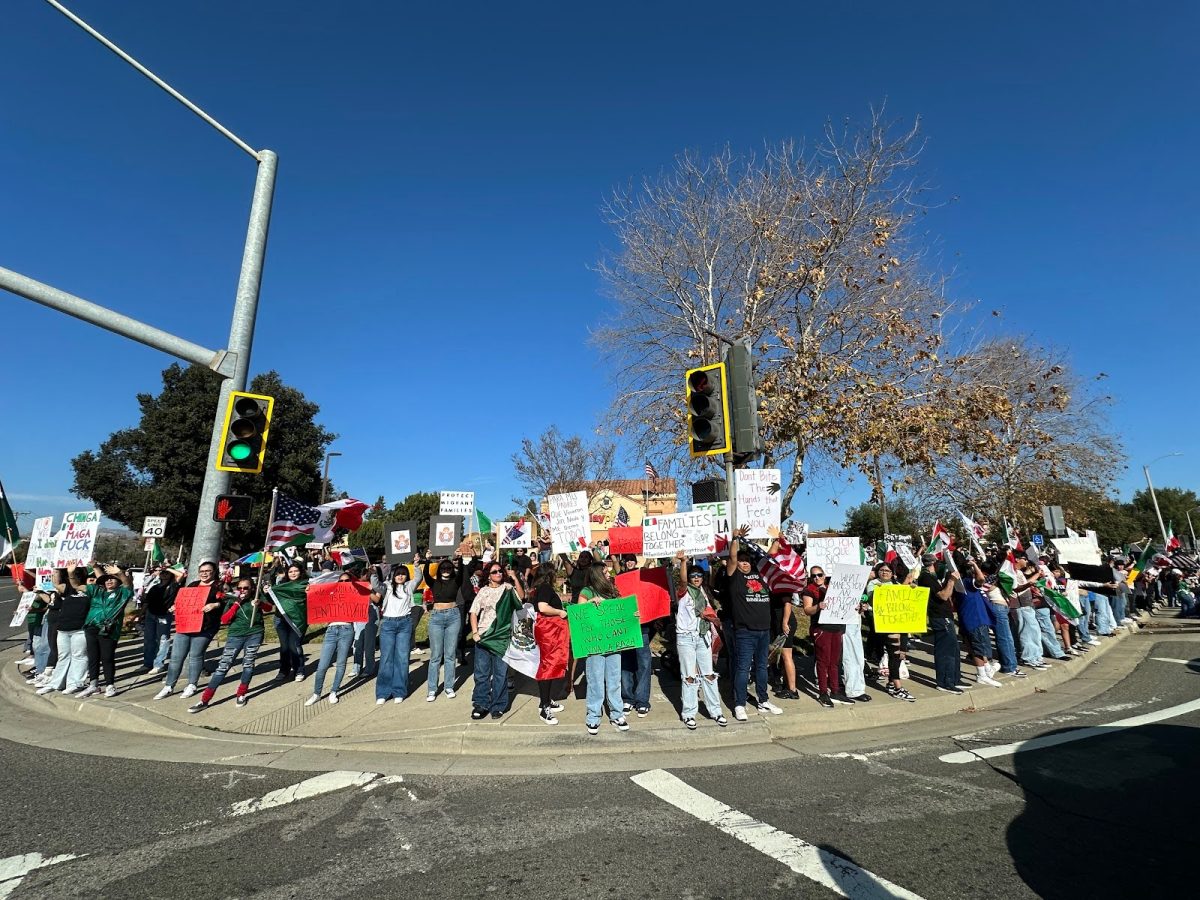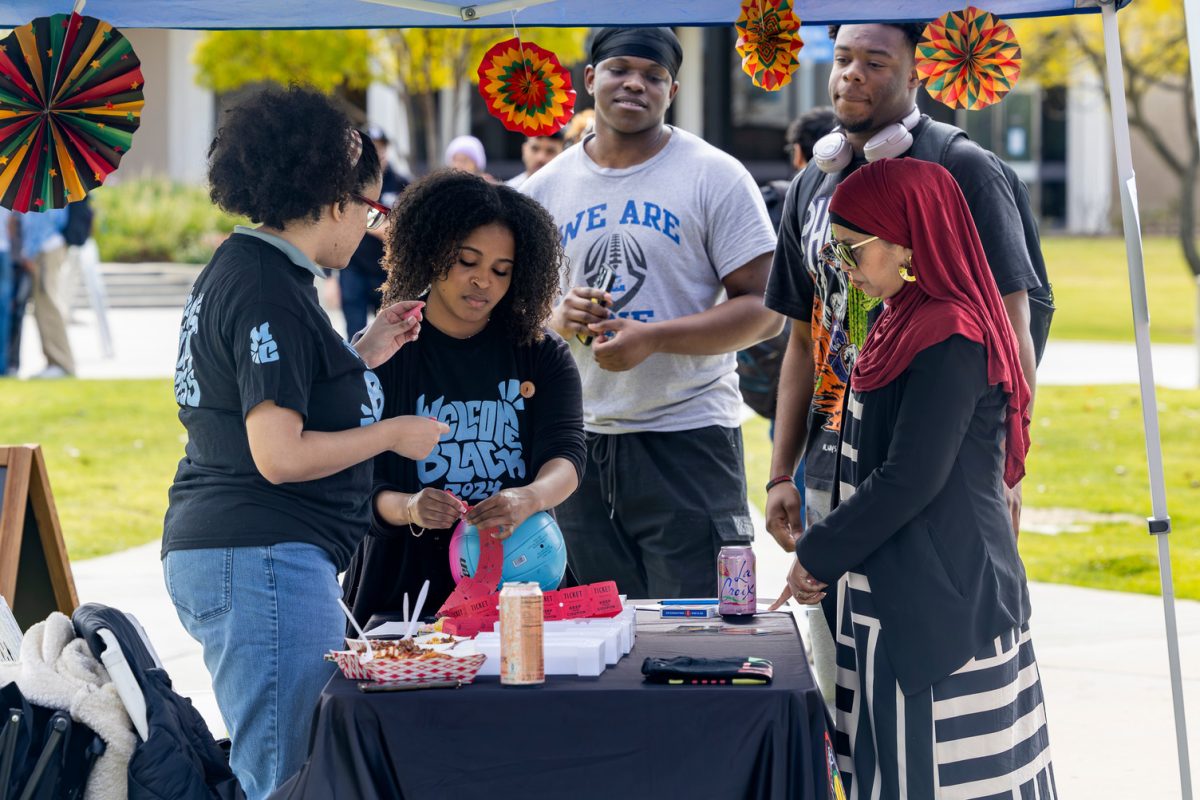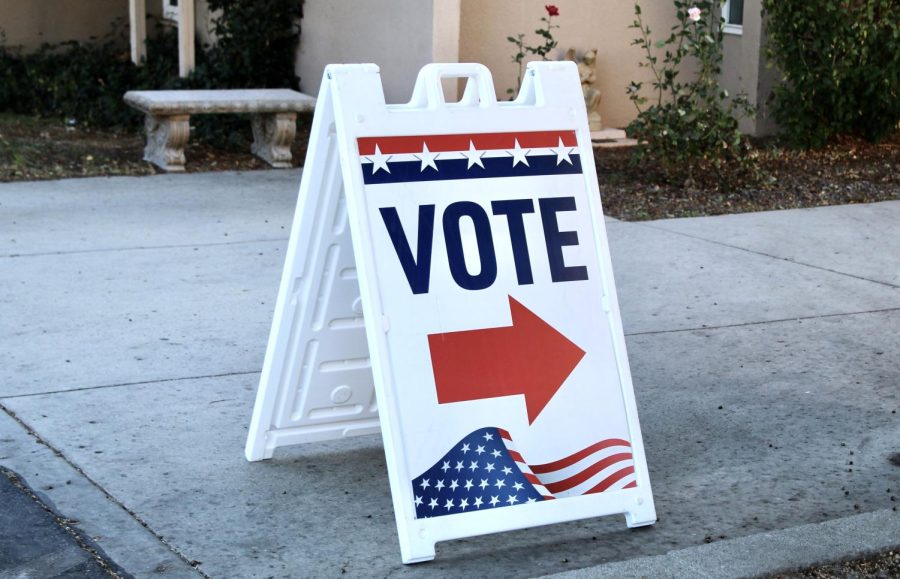This nation is facing a blood shortage and for the first time in the non-profit organization’s history, the American Red Cross is declaring a blood crisis.
With the blood shortage having a major impact on hospitals throughout the nation, there have been calls to remove current policies that put restrictions on gay and bisexual men from donating blood.
Due to high school and college campuses canceling or postponing blood drives because of COVID-19, fewer people have been donating blood. Limited staff and weather-related issues have also caused the shortage to worsen.
Since the beginning of the shortage, many have called for the removal of current Food and Drug Administration policies which restrict gay and bisexual men that have had sexual intercourse in the past three months from donating. These policies have been referred to as demeaning and discriminatory.
The FDA placed restrictions on gay and bisexual men in 1983, during the peak of the AIDS Pandemic. From 1983 to 2015, a lifetime ban was implemented on allowing gay and bisexual men from donating blood. The ban was put in place to stop the spread of HIV even though detection for HIV-1 or HIV-2 in donated blood is rare.
In 2015, this policy was lifted and replaced with a new policy that let gay and bisexual men donate blood. This new policy only let gay and bisexual men donate blood after they went over twelve months with no sexual contact. A revised policy in 2020 shortened the twelve-month period to three months.
Other countries have similar policies to the United States such as New Zealand and Northern Ireland where they also allow gay and bisexual men to donate blood after three months of no sexual contact. Some countries have no restrictions for gay and bisexual men like Italy, Russia and Spain. Other countries have lifelong bans like Iceland and Ukraine.
Moorpark College President Julius Sokenu expressed how unsuitable these policies are, especially when considering how times have changed.
“It’s rather unfortunate holdover from the AIDS pandemic and it comes from the fear and hysteria that was not totally appropriate then and it’s certainly not so now,” said Sokenu.
Others have also expressed the need for reform in blood donation policies. Dina Pielaet, Moorpark College’s marketing communications and web design coordinator, as well as the advisor for Spectrum Club, asserted that challenging these policies and taking action do make a difference.
“We can take the pencil writing approach and write to policymakers, write to the FDA [and] write to the advisory groups,” Pielaet said. “The other way is to confront.”
The Spectrum Club is a group that works to provide a safe campus for students and faculty members who are allies or members of the LGBTQ community.
Timothy Crowell, treasurer of the Spectrum Club at Moorpark College, expressed interest in the topic of blood donation and the aforementioned restrictions. Crowell is directly affected by the policies put in place.
“This issue affects me personally,” said Crowell. “We’re happy that the deferral was reduced to three months but more progress needs to be made.”
Crowell stated that he hasn’t donated blood but considers doing so in the future if he will be permitted to do so. While the blood shortage has not been on Spectrum Club’s agenda before, Crowell still encourages those that can donate to donate.
“We are considering encouraging our individual members who can donate to donate,” said Crowell. “If anyone is reading or listening to this in the future, I would encourage them to donate as well.”
If interested in helping to end this nation’s blood shortage, click here to set up an appointment with the American Red Cross.



















